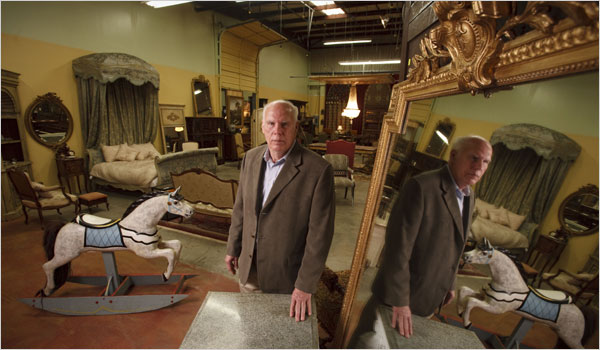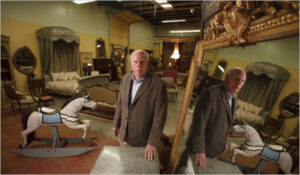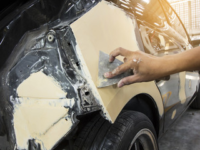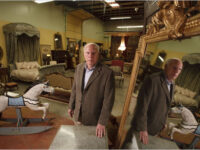Looking For a Career As an antique Dealer?

If you are looking for a career as an antique dealer, you have come to the right place. You can learn about the career outlook and qualifications required for this field, as well as training options. Whether you are looking for a career in antiques or would like to purchase a piece of art, there are many ways to get started.

If you are looking for a career as an antique dealer, you need to have a proven track record and a list of customers. It is important to have some experience in antiques and be knowledgeable about the market values of antiques. The best way to establish yourself as an expert in antiques is to take the time to learn about the business and become familiar with the antiques you plan to deal with. This can be done through training or work experience or by obtaining a degree.
Many professional antique dealers specialize in a particular time period, material, or field. They should have excellent interpersonal skills, as they are required to advise and inform potential clients about the value of the objects they are selling. In addition to this, they must be knowledgeable about pricing and the processes of purchasing and reselling antiques. They should also be capable of carrying out administrative tasks.
Education: While there are no specific qualifications required for becoming an antique dealer, it would be a great idea to have a high school diploma. This will ensure a potential employer that you have relevant experience, and it will also increase your value in the eyes of potential employers. It is also a good idea to take art and history classes in high school. This will help you become familiar with the different periods in history and the art that corresponds to those periods. If you can’t find art and history classes, you may want to consider a related subject, such as home economics. This way, you will be able to identify antiques easily and talk like a specialist when you speak about them.
There are also several online classes for antique dealers that can help you learn the business of antiques. These courses can teach you about the history of antiques, art, and interior design. However, it is still important to work in the industry for years before becoming an expert in this area.
A successful antique dealer has an extensive library of reference books and price guides. Besides that, he or she also attends antique events in his or her area to get a feel for prices and compare them with competitors. The more resources a dealer has, the better chance they have of finding items that customers want.
Being an expert in antiques means you must pay attention to detail. Even the smallest details can affect the value of an antique. It is, therefore, essential to have a thorough understanding of the market before starting a business in antiques. A graduate degree is not required as long as you have enough practical experience.
An accredited online program can also help you become an expert in antique dealing. You should also visit antique shops and estate sales in your local area. You should pay particular attention to the condition and history of the items that you are selling. This will give you a better understanding of what antique buyers look for.
If you’ve always wanted to work in the antique business, you may want to consider pursuing formal education. A college degree is not required, but many larger auction houses offer a wide range of courses in the field. These courses include antiques, art history, and decorative arts. Many companies also offer postgraduate study that’s aimed at graduates who wish to work in the commercial art market. You can also consult the Antique Dealers’ Association for more information about the business and career opportunities in the field.
Antique dealers are often self-employed or work for an established business. To be successful in the field, you’ll need good knowledge of antiques, sales skills, and the necessary funding to get started. Many people begin in this profession as hobbyists, but it’s important to have a good working knowledge of the antique business to be competitive.
To be successful as an antique dealer, you should have a large library of reference books and price guides. Attend local antique events to observe your competitors and compare prices. This way, you’ll know what’s selling well and which items have more potential to increase your income.






